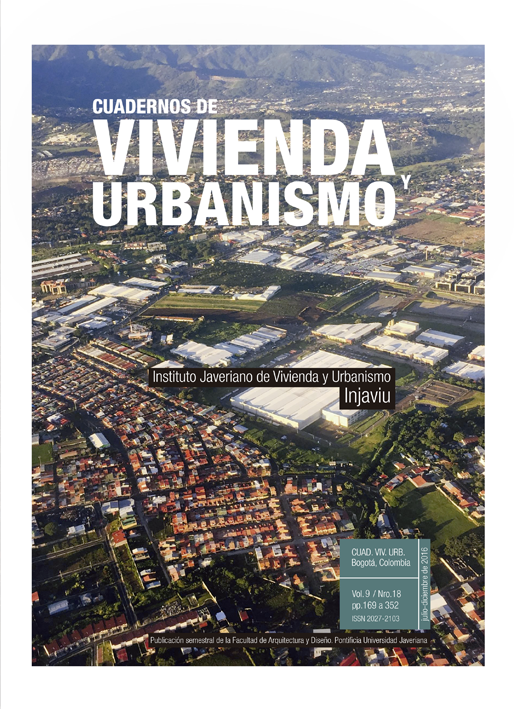Abstract
We live in an increasingly urban world that puts an unprecedented pressure on ecosystems. This trend presents an urgent challenge in terms of conservation of the biodiversity and many of the ecosystem services on which society depends. Unfortunately, the importance of biodiversity and the benefits we get from it do not represent an immediate concern for the approximately 900 million people living in slums without basic services, poor housing and unsanitary living conditions. This review attempts to tackle the question of how to integrate urban biodiversity into slums contexts through a comparative analysis of cities, the study of planning tools and criteria and the proposal of local actions for biodiversity in informal settlements. These actions are composed by a toolkit that presents, the territorial and social convergence through successful examples of integrating the challenges of poverty and degradation of our ecosystems.
This journal is registered under a Creative Commons Attribution 4.0 International Public License. Thus, this work may be reproduced, distributed, and publicly shared in digital format, as long as the names of the authors and Pontificia Universidad Javeriana are acknowledged. Others are allowed to quote, adapt, transform, auto-archive, republish, and create based on this material, for any purpose (even commercial ones), provided the authorship is duly acknowledged, a link to the original work is provided, and it is specified if changes have been made. Pontificia Universidad Javeriana does not hold the rights of published works and the authors are solely responsible for the contents of their works; they keep the moral, intellectual, privacy, and publicity rights.
Approving the intervention of the work (review, copy-editing, translation, layout) and the following outreach, are granted through an use license and not through an assignment of rights. This means the journal and Pontificia Universidad Javeriana cannot be held responsible for any ethical malpractice by the authors. As a consequence of the protection granted by the use license, the journal is not required to publish recantations or modify information already published, unless the errata stems from the editorial management process. Publishing contents in this journal does not generate royalties for contributors.


